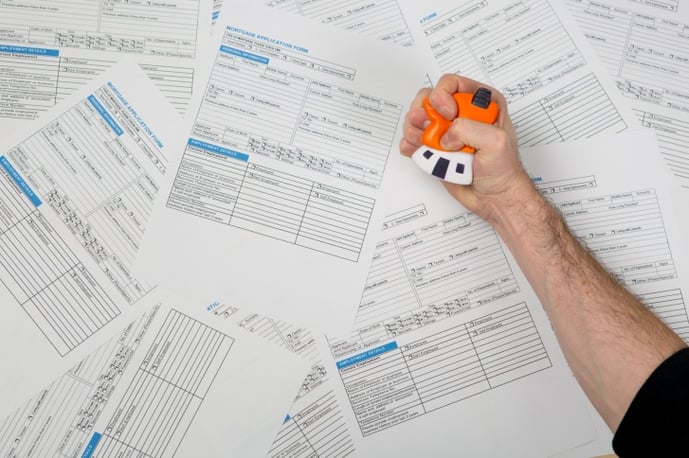The banks are not stepping up and making a high enough percentage of mortgage modifications permanent. Our firm represents many individuals on loan modifications and it is becoming increasingly difficult to successfully obtain favorable and permanent loan modifications. The banks are giving these trial modifications, but then not making the loan modification permanent.

Many of our clients are working on them on their own and also having great difficulty.
Supposedly to try to stop the foreclosure problems, the Obama administration created the Home Affordable Modification Program (HAMP) last February.
With a loan modification the goal is to change the term of the mortgage, making it more affordable. Obvious ways to do this are to reduce the borrower's interest rate, lower the monthly payment and waive past charges. HAMP has not been working like it should.
According to a January 20, 2010 Wall Street Journal article since Hamp program began, more than three million homeowners have become eligible for assistance. According to the article, roughly 760,000 homeowners have received loan modifications on a trial basis. However, only 31,000 modifications have been made permanent. The Wall Street Journal reported a success rate of just 1%. Our office is having a much higher success rate, but the banks are still not giving the loan modifications that they should.
At the 1% success rate, the foreclosure problems are not going to be solved and Chapter 7 and Chapter 13 bankruptcy case filings will continue to increase. Without loan modifications, the only option becomes bankruptcy for many individuals trying to save their home from foreclosure.
Principal reduction on the amount of mortgage balances should also be considered by banks where the house is worth significantly less than the amount owed. Where second and third mortgages are involved, the homeowner should consider filing a chapter 13 bankruptcy to cram down or strip off those mortgages where the property is worth less than the amounts owed on the house.
More has to be done by the banks to make loan modifications work and stem the high rate of foreclosures.




